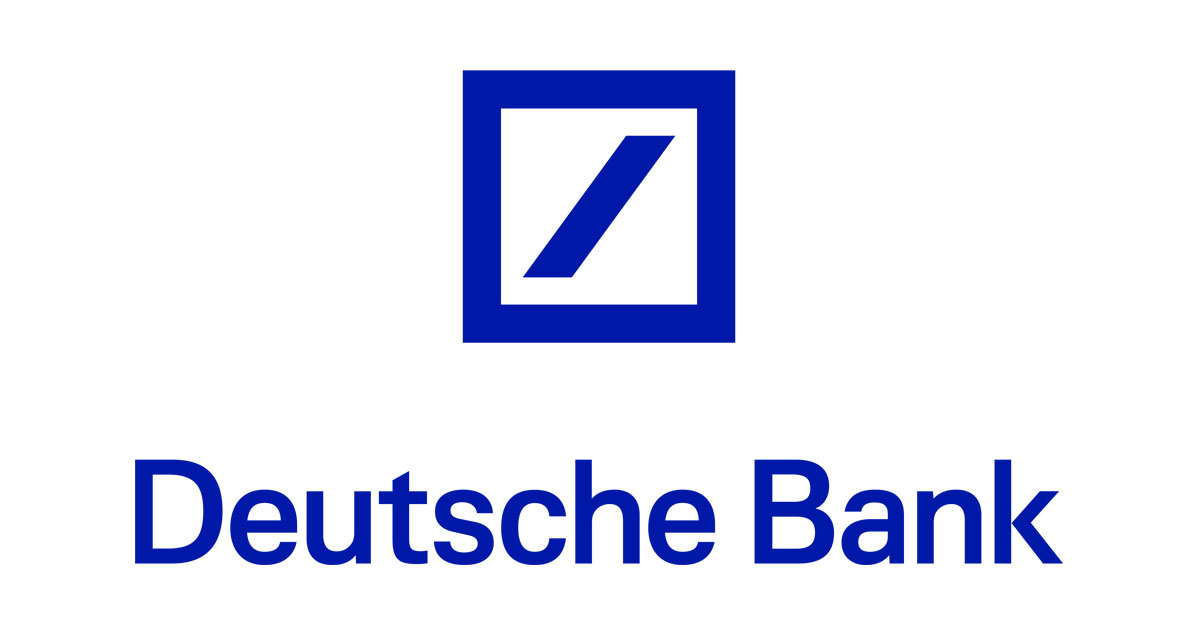Deutsche Bank investors can sue in U.S. over Epstein and Russian oligarch ties

NEW YORK (Reuters) -A U.S. judge on Monday said shareholders can sue Deutsche Bank AG for allegedly hiding shortfalls in its internal controls while doing business with risky, ultra-rich clients like the sex offender Jeffrey Epstein and Russian oligarchs.
U.S. District Judge Jed Rakoff in Manhattan said shareholders may try to prove in their proposed class action that the German bank was aware its know-your-customer and anti-money laundering controls were ineffective, and that its share price fell as the truth became known.
In a 30-page decision, Rakoff said the complaint described specific processes that Deutsche Bank knowingly undermined through an “unwritten but pervasive practice” of exempting rich, politically connected clients from normal internal scrutiny.
Rakoff said shareholders may also pursue claims against Chief Executive Christian Sewing and his predecessor John Cryan. He dismissed claims against Deutsche Bank’s chief financial officer and his predecessor.
A Deutsche Bank spokesman declined to comment. The lawsuit covers investors in Deutsche Bank securities from March 14, 2017 to May 12, 2020.
Since taking over in 2018, Sewing has boosted profits and tried to restore investor confidence that the bank had moved past its internal controls shortfalls.
These included failures to better monitor its work for Epstein, which in 2020 led to a $150 million fine from a New York regulator, and dealings with Danske Bank’s Estonia branch, which was embroiled in a massive money laundering scandal.
The defendants said shareholders failed to show any intent to defraud, and that the bank’s statements about its compliance processes were “aspirational” or “puffery.”
But Rakoff said the complaint adequately alleged that Sewing and Cryan “were personally aware of the deficiencies in the bank’s KYC and AML practices” that made filings they signed false or misleading.
Emma Gilmore, a lawyer for the shareholders, said companies have long tried to evade liability by claiming their statements about compliance were aspirational.
“Judge Rakoff’s decision makes clear that not only is this argument extraordinarily cynical, it has no basis in law,” Gilmore said in an email.
The case is Karimi v Deutsche Bank AG et al, U.S. District Court, Southern District of New York, No. 22-02854.
Article credit: https://finance.yahoo.com/news/deutsche-bank-must-face-lawsuit-213808641.html
